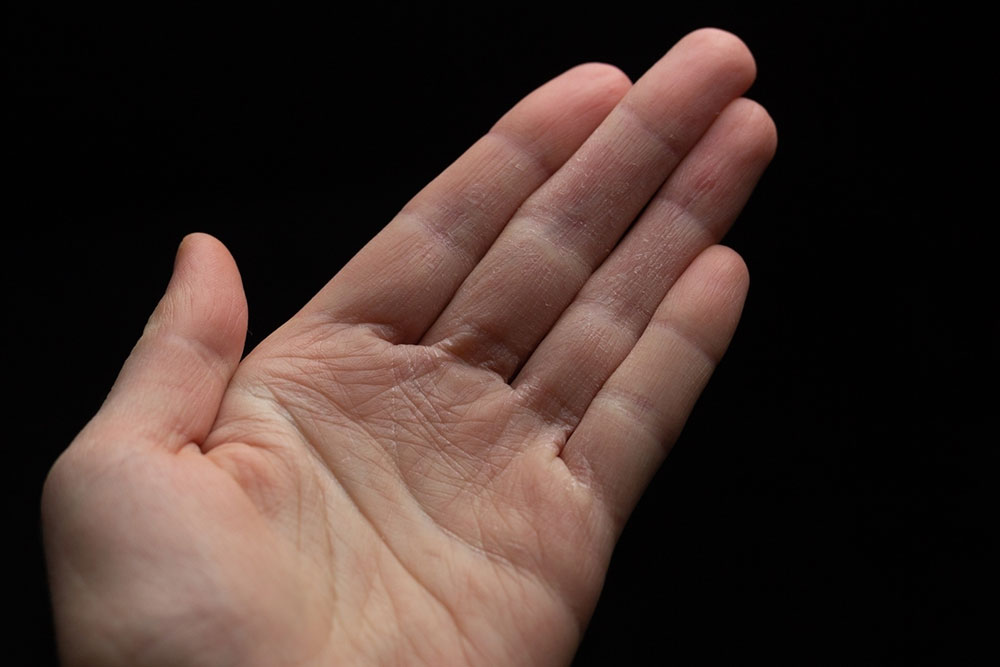
7 early signs of prurigo nodularis to never ignore
Prurigo nodularis (PN) is a chronic skin condition characterized by itchy bumps on the skin’s surface. Scratching these can lead to the formation of painful nodules. The condition’s exact cause is unknown, but several factors and underlying health complications can increase its susceptibility in people. The following are a few early warning signs of prurigo nodularis to help individuals identify the condition and seek prompt help from a skin specialist.
Persistent itching
One of the earliest signs is persistent itching. This itching can be intense and worsen at night. Since the symptom cannot be managed instantly, it impacts a person’s sleep and overall well-being.
Skin nodules or papules
As the condition progresses, small, raised nodules or bumps develop on the skin’s surface around the arms and legs, upper and lower back, and abdomen. These skin lesions are typically firm, reddish-brown, and vary in size from a few millimeters to centimeters.
Superficial skin injuries
People with prurigo nodularis often develop abrasions on their skin due to the relentless itching. These abrasions can range from small scratches to larger, more extensive areas of skin damage, depending on the severity of the condition.
Scratching and burning sensation
Chronic scratching may make the skin hardened, harsh, and hyperpigmented. Over time, the inflammation under the skin can worsen, leading to the development of new nodules.
Rashes that blister
The constant scratching and breaking of the skin’s barrier can increase the risk of secondary bacterial infections. The infected patches may become painful and swollen, causing blisters to develop with warm pus discharge.
Emotional problems
Prurigo nodularis can have a significant psychological impact on affected individuals. Several patients experience anxiety, depression, and social isolation as the itching and skin lesions become more pronounced.
Sleep disturbances
The condition causes severe itching that can easily disrupt sleep patterns. Many report difficulty falling and staying asleep due to the constant urge to scratch. Compromised sleep prevents the body and mind from rejuvenating for the following day. This can lead to daytime fatigue, worsening the patient’s emotional well-being.
It is essential to seek a dermatologist’s or healthcare professional’s guidance when dealing with prurigo nodularis. The expert can suggest a complete treatment plan to manage the symptoms and help one recover faster.







